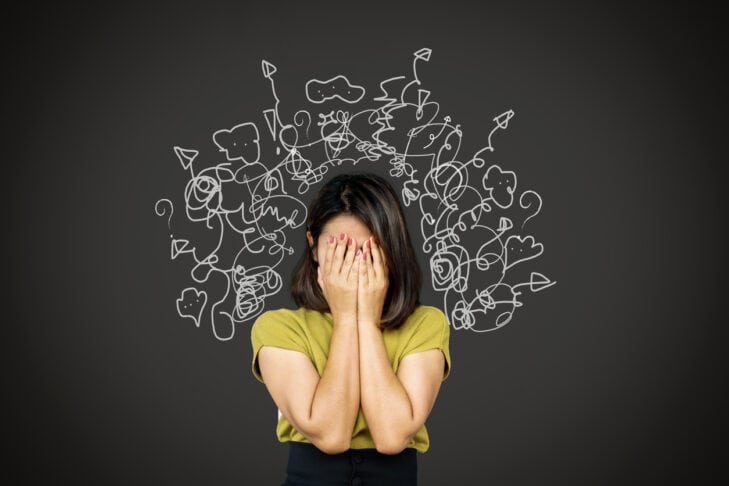As a psychologist who specializes in teens and eating disorders, I have been sounding the alarm bell on adolescent mental health for many years. And so, after Oct. 7 and the rise of antisemitism in the U.S., I was not surprised to be worried about teens in middle and high schools and young adults on college campuses. But in listening to and observing the challenges and traumas that adults are experiencing, I find myself worried for Jewish adults in a way I never expected.
My observations about Jewish mental health are informed by my own experiences as a parent, a clinician and a human being. I have been listening and reflecting in clinical spaces, professional spaces, parenting spaces, religious and spiritual spaces, and social spaces. I am informed by both my personal and community experiences but also by the larger environment across the U.S. reflected in virtual spaces.
First and foremost, Jewish adults are feeling unsafe, both psychologically and physically. Jews do not feel safe to be who they are, think what they think, feel what they feel, and carry out their activities of daily living without risk. In addition, there is a real fear of what will happen in our communities, on our campuses and in our country, how far this will go, who we can trust, and are people we love and care about also safe? It’s amplified by the fears around safety and security in and for the State of Israel and the existence of Jews everywhere. This fear resonates deep in our psyches and in our genes, because we inherit generations of trauma, violence, displacement and survival.
The rules of the game seem to have changed for Jewish Americans, and this happened suddenly, without our awareness or consent, and in profound ways. Grief and loss are paramount, as the ground has shifted beneath us. Anger, confusion, betrayal, despair, disagreement and sadness are consuming our psyches. Jewish adults feel powerless, dehumanized, invalidated, misunderstood, threatened, exhausted, and we are scared. We are experiencing individual and collective trauma in big and small ways, and it is activating the wounds of deep layers of generational trauma.
I do not pretend to have answers here on how to solve this political, social and humanitarian crisis. But as a human, a Jew and a psychologist I can and will continue to show up and bear witness to the feelings and experiences of Jewish people. I will reach out to others and ask how they are doing and listen to what they share, and I will ask for help when I need someone to hold space for me. I will choose curiosity, empathy and non-judgmentalness, and I will try to insist on truths.
I will always choose tikkun olam in the ways I can, both big and small. I will hold empathy and compassion for all of the suffering on all sides of this. I have and will continue to choose action—I have written more letters to school leaders and government officials in the last five months than I have in my entire life and I am learning new techniques to help people experiencing trauma. I will choose education and hope again and again. I will show my children that I can speak up, be brave and be proud. I will make these choices because they are the values of my heritage and the principles that guide me.
I am trying to take care of myself as I take care of others and navigate these very troubled times. I hope you are too.
This post has been contributed by a third party. The opinions, facts and any media content are presented solely by the author, and JewishBoston assumes no responsibility for them. Want to add your voice to the conversation? Publish your own post here. MORE



